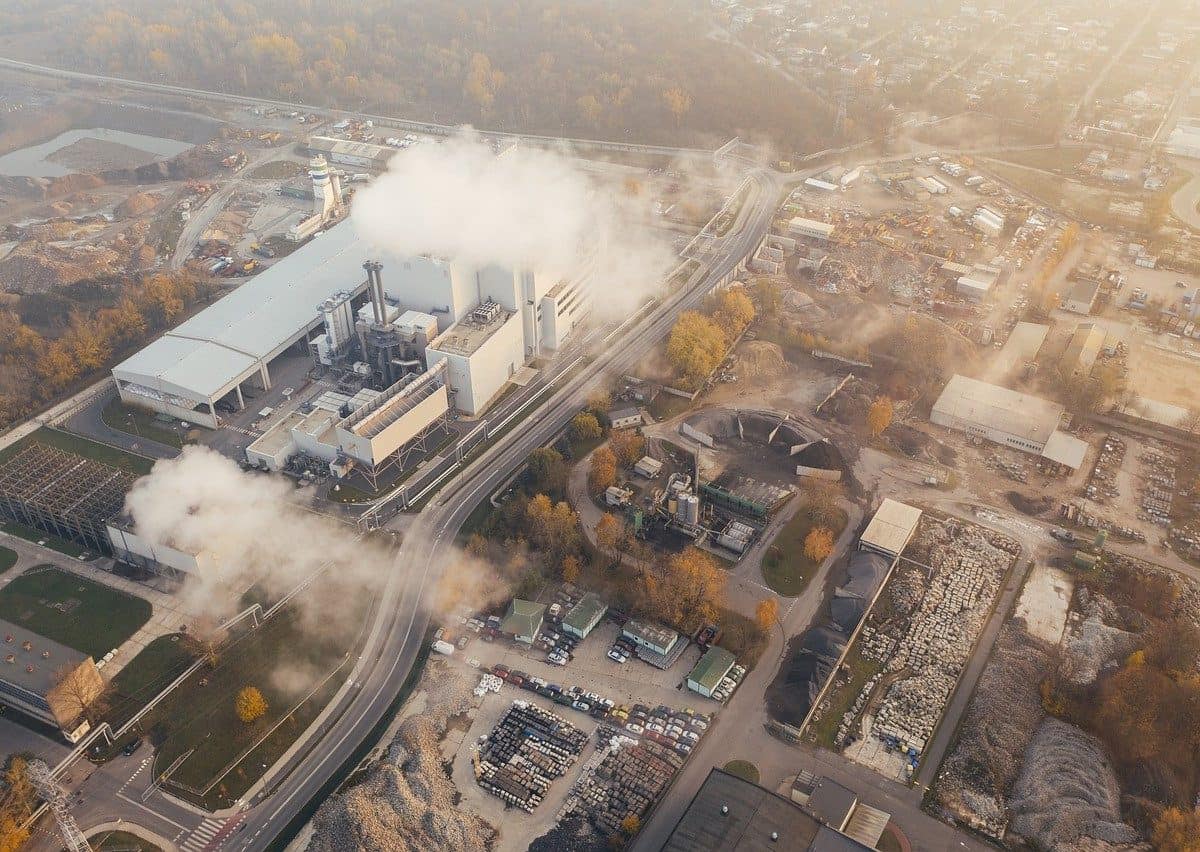The European Parliament’s decision to push ahead with a carbon levy against high-polluting nations like Australia underscores the urgent need for the Federal Government to adopt a credible climate policy, the Climate Council has warned.
It says big-emitting Australian businesses exporting their products to Europe are likely to face millions of dollars in new tariffs following Wednesday night’s vote in Brussels to introduce a carbon levy on imported goods.
Levy aims to stop companies moving outside the EU
This is to stop companies moving outside the EU to avoid emissions standards, a practice known as ‘carbon leakage’.
Australia is trying to negotiate a free trade deal with the European Union, but members of the European Parliament are warning they will not ratify the deal until Australia does more to reduce its emissions.
“Climate change is a global problem and everybody must share the load to address it. Right now, Australia is not pulling its weight and the Europeans are going to punish us for it,” said Climate Council spokesperson and economist, Nicki Hutley.
New carbon adjustment to come into effect in 2023
“Businesses in Europe already pay to pollute. The new Carbon Border Adjustment Mechanism, which would come into effect in 2023, is designed to ensure that there’s a level playing field,” she stated.
“The Morrison Government’s so-called ‘technology roadmap’ will not be enough to satisfy the Europeans. They want to see Australia adopt credible emissions reduction targets and create a plan to achieve them.”
Hutley called on the Federal Government to “abandon the folly of a gas-led recovery, which will provide very few jobs. Neither will it address accelerating climate change”.
Efforts undermined by less climate-ambitious nations
According to the European Union, its efforts to reduce its carbon footprint under the European Green Deal and become sustainably resilient and climate neutral by 2050 could be undermined by less climate-ambitious countries.
To mitigate this, the EU will introduce the Carbon Border Adjustment Mechanism (CBAM), which will apply a carbon levy on imports of certain goods from outside the member states.
The problem of carbon leakage, it says, is that it simply moves the problem elsewhere to countries with less stringent emission regulations.












